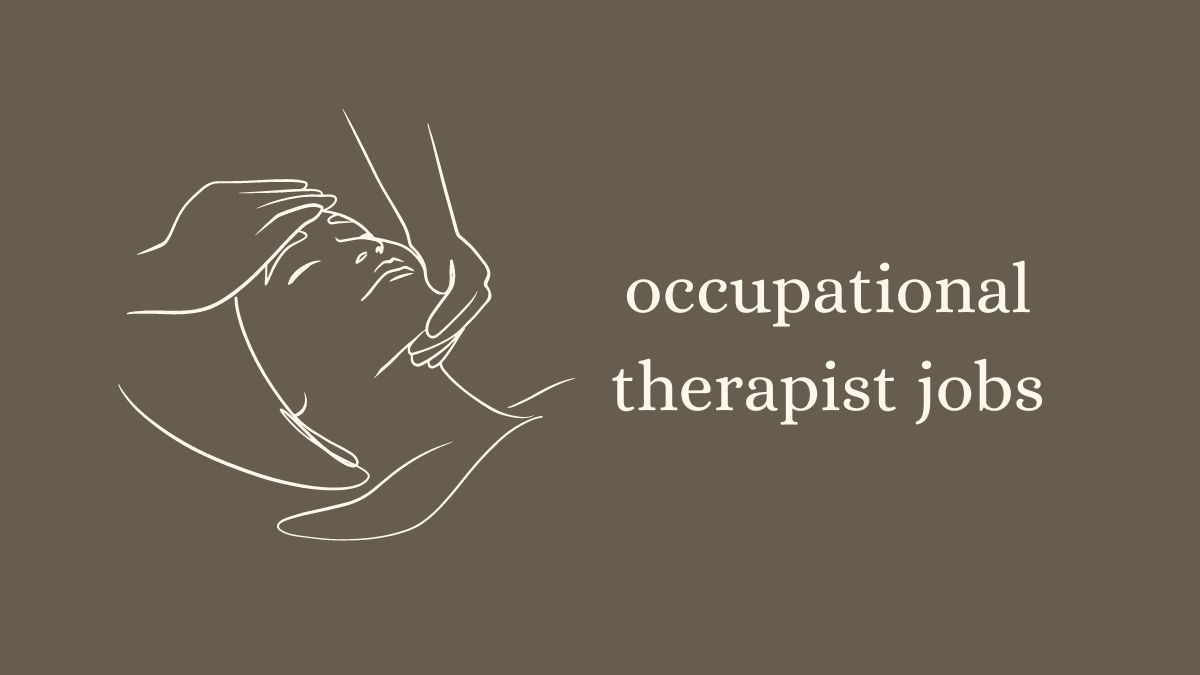Geriatric counselling focuses on providing mental health support tailored specifically to the needs of older adults. It addresses the unique challenges and issues faced by seniors, such as coping with loss, adjusting to life changes, managing chronic illnesses, and addressing concerns related to aging, such as isolation and depression. Geriatric counsellors offer a safe and supportive environment where seniors can explore their emotions, strengthen coping skills, and enhance their overall quality of life.
What is meant by Geriatric counselling?
Geriatric counseling is a type of therapy focused on helping older adults navigate the challenges of aging. This can include coping with mental health issues like depression or anxiety, adjusting to life changes like retirement or loss of loved ones, and maintaining emotional well-being.
When Should Geriatric Counselling Be Used?
Looking for a “Psychologist near me” who can offer personalized assistance through geriatric counselling, helping address the specific mental health needs linked to aging.
- Adjustment to Aging: When older adults are struggling to adapt to the changes associated with aging, such as retirement, loss of independence, or health issues.
- Grief and Loss: Following the death of a loved one or significant life changes, such as loss of a spouse, friend, or pet.
- Chronic Illness Management: When managing chronic health conditions becomes overwhelming, impacting mental well-being and quality of life.
- Depression and Anxiety: When older adults experience symptoms of depression, anxiety, or other mental health disorders that interfere with daily functioning.
- Coping with Trauma: After experiencing trauma or significant life events, such as abuse, accidents, or natural disasters, that continue to affect mental health.
- Cognitive Decline: When older adults and their families need support in coping with cognitive decline, dementia, or Alzheimer’s disease.
- Family Conflict: During periods of family conflict or tension, such as disagreements over caregiving responsibilities or financial matters.
- Loneliness and Isolation: When older adults feel lonely or socially isolated due to factors like living alone, mobility limitations, or loss of social connections.
- End-of-Life Planning: When older adults want support in making end-of-life decisions, such as advance care planning or funeral arrangements.
- Caregiver Stress: When family caregivers experience stress, burnout, or emotional strain while caring for older adults, requiring support and coping strategies.
- Transitions in Living Arrangements: During transitions in living arrangements, such as moving into assisted living facilities or nursing homes, or adjusting to home care.
- Financial Concerns: When older adults experience financial stressors, such as managing retirement funds, budgeting, or dealing with financial exploitation.
- Existential Concerns: When older adults grapple with existential questions about purpose, meaning, and legacy, particularly in later stages of life.
- Adjustment to Retirement: When transitioning from a career to retirement poses challenges related to identity, routine, and sense of purpose.
- Healthcare Navigation: When older adults need assistance navigating the healthcare system, understanding medical diagnoses, and advocating for their needs.
- Quality of Life Enhancement: When older adults seek support in enhancing their overall quality of life, finding fulfillment, and relationships.
By addressing these various situations through geriatric counselling, older adults can enhance their emotional well-being and quality of life in later years.
How to Find Support During Geriatric Counselling ?
Seeking support from “Top psychologist in India” is essential for older adults during Geriatric counselling, ensuring effective addressing of their mental health needs as they age.
- Family and Friends: Lean on trusted family members and friends for emotional support and encouragement during the counseling process.
- Support Groups: Join local or online support groups for seniors where you can connect with others facing similar challenges and share experiences.
- Senior Centers: Explore resources available at senior centers, which often offer counseling services, group activities, and socialization opportunities.
- Community Programs: Look for community-based programs that offer counseling services specifically tailored to older adults.
- Religious or Spiritual Communities: Seek support from religious or spiritual communities where you can find comfort, guidance, and a sense of belonging.
- Healthcare Providers: Consult with healthcare providers such as doctors, nurses, or therapists who can provide referrals to geriatric counselors or support services.
- Counseling Professionals: Engage with qualified geriatric counselors who have specialized training and experience working with older adults.
- Online Resources: Explore online platforms offering mental health resources, forums, and information tailored to seniors’ needs.
- Caregivers: Involve caregivers, such as family members or professional caregivers, who can provide practical assistance and emotional support during counseling sessions.
- Caregiver Support Groups: Consider joining support groups specifically for caregivers, where you can connect with others facing similar caregiving challenges.
- Community Mental Health Services: Access community mental health services that offer counseling, therapy, and support groups for older adults.
- Teletherapy Services: Take advantage of teletherapy services, which provide counseling and support remotely, especially beneficial for seniors with mobility or transportation challenges.
- Books and Educational Materials: Seek out books, articles, and educational materials on geriatric counselling and mental health to enhance your understanding and coping skills.
- Advocacy Organizations: Get involved with advocacy organizations focused on aging and mental health issues, which can provide valuable resources and support.
- Hotlines and Helplines: Utilize hotlines or helplines staffed by trained professionals who can offer immediate support and guidance during times of crisis or distress.
- Self-Help Strategies: Practice self-care techniques such as relaxation exercises, mindfulness, and hobbies that promote emotional well-being and resilience.
By exploring these various avenues of support, older adults can enhance their mental health and well-being during geriatric counselling.










